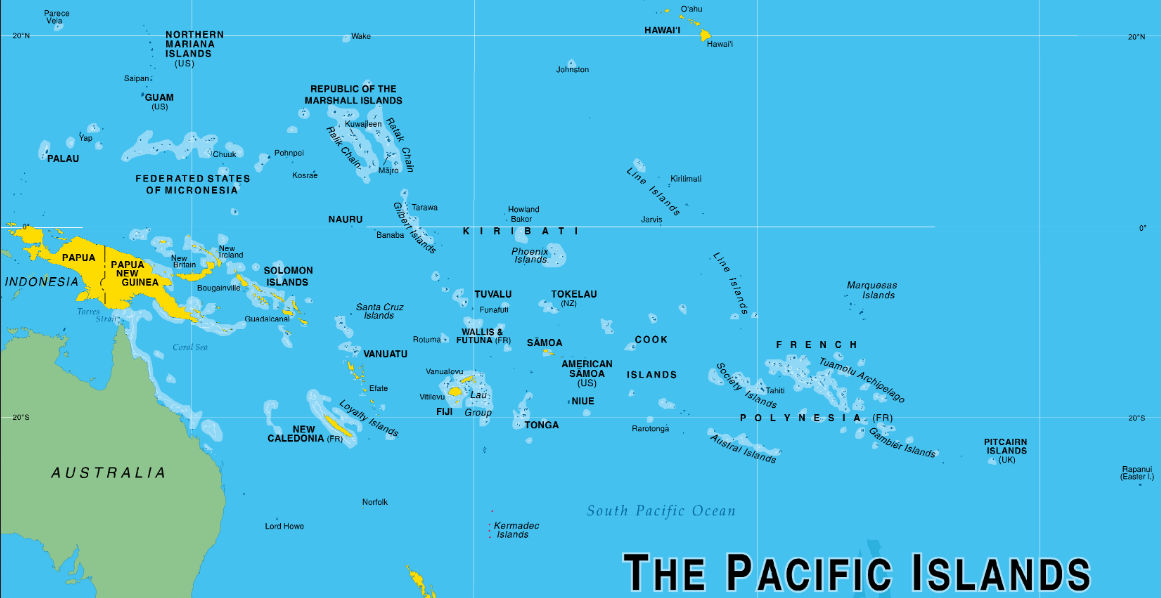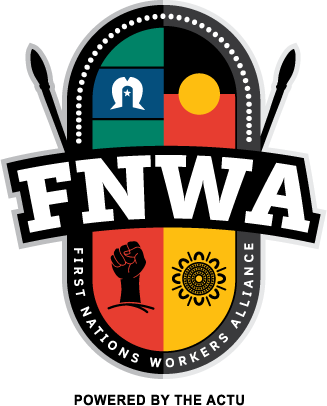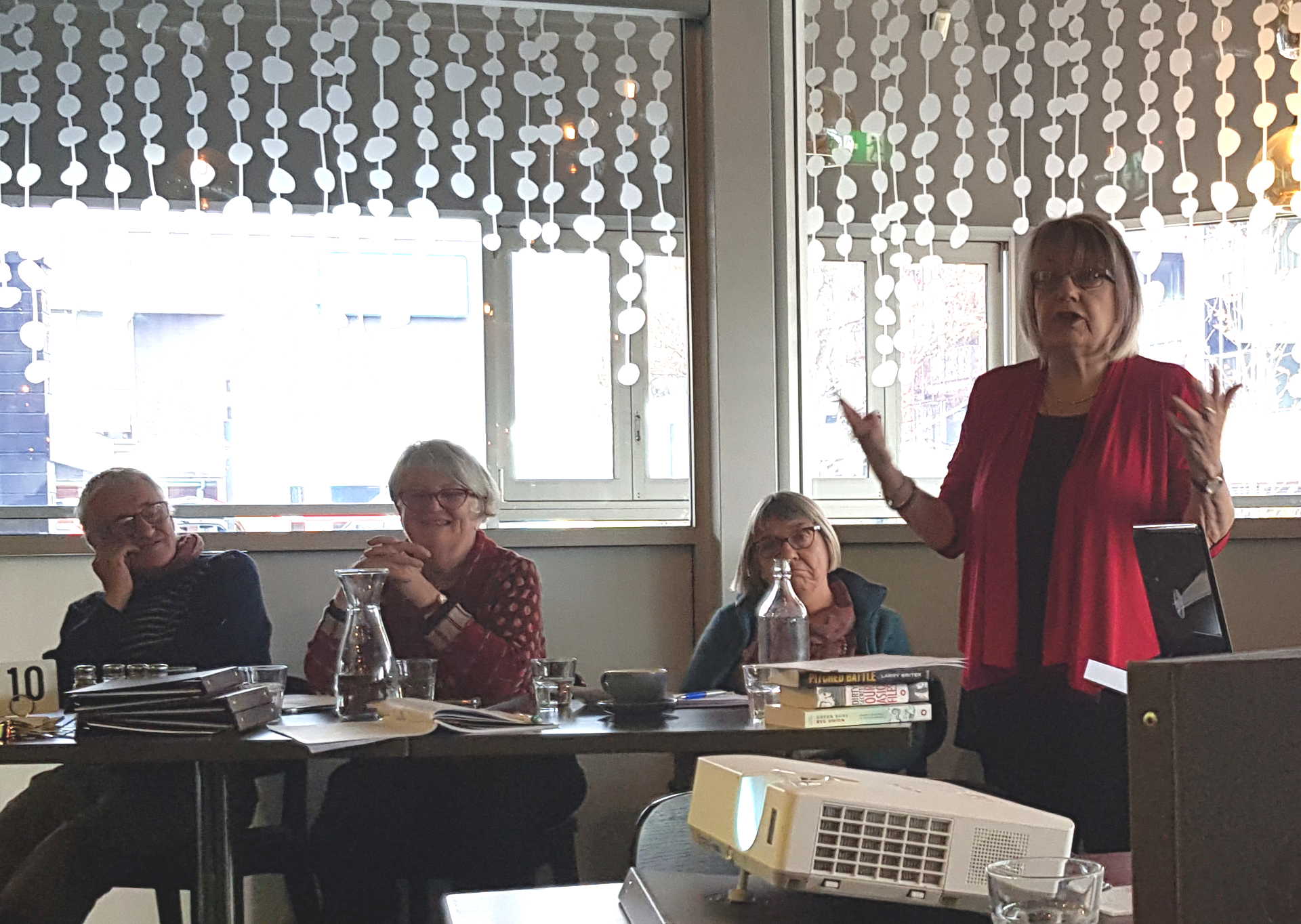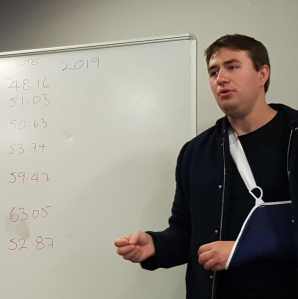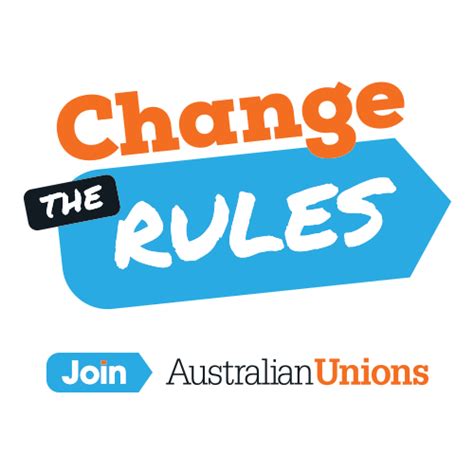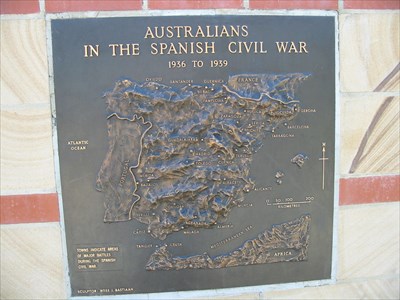“Andrew Barr and the developers – Developing away the national capital”
We welcomed Jack, former editor of the Canberra Times.
Jack explained what was happening in Canberra. Everyone over 42 is a whinger longing for a long past golden age. Under 42 people are with-it and vibrant, and they want growth and development.
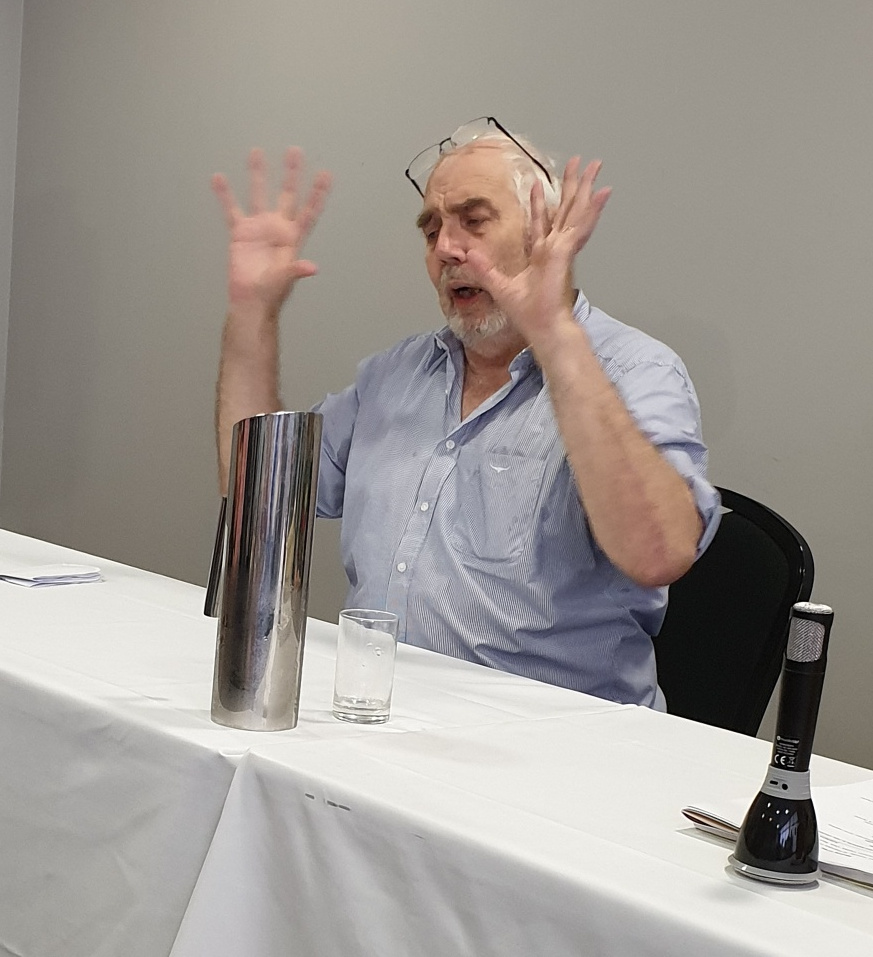
These younger people are the ones Andrew Barr is in touch with via social media. His communion with these people is so wonderful that he doesn’t even need to consult them. He has a spiritual communion. When whingers moan, he ignores them. He says 1) I have a magic communion with youth and I’m right, and 2) none of you is going to vote Liberal anyway.
photo: Jack clarifies a point
So in the last election, Labor was “smug, arrogant and too comfortable”. A group of ratbags in the old “residents’ rally” could have beaten them.
Some background: Australia has a very very high standard of living, partly because we’re less unequal than some places; we have a good climate; public holidays; high wages; good reservoirs of capital; and good education. We rate ourselves especially highly on well-being.
And if we are doing well at the top, Canberra’s population of 400,000 is 20% higher again. Of course there are areas of disadvantage. But it’s possible that we live in the workers’ paradise. So where is the joy? People are unhappy about what’s going on.
Continue reading
